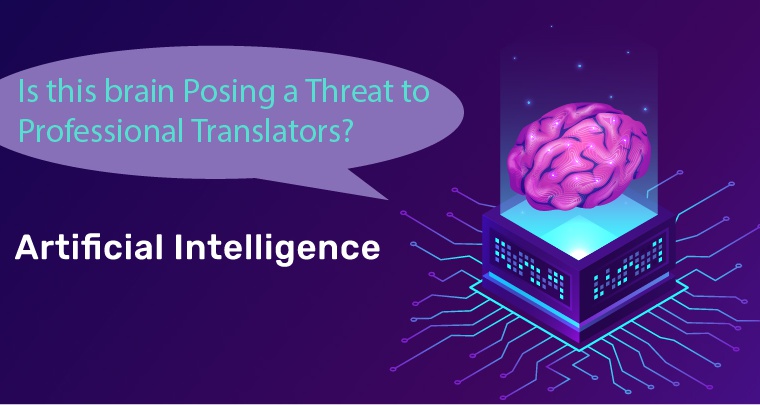
The Story of Court Interpreting in Hong Kong (I)
July 20, 2020
Hong Kong was under British colonial rule since the mid-19th century and while the British rulers left the city on 30 June, 1997, the common law system they put in place has survived the handover of sovereignty. In the early days of British Hong Kong, all levels of court hearings were conducted in English – but soon it became clear that the courts, operating in a largely Chinese society, would not be able to function properly without an interpreting service.
The legendary Daniel Richard Caldwell (1816 – 1875) is believed to be the pioneer of court interpretation in Hong Kong. Having served as a court interpreter since the city’s first magistracy was established in 1843, Caldwell had been given prestigious treatments until he was fired for allegedly colluding with pirates.
Hercules Robinson, the fifth governor of Hong Kong who served from 1891 to 1898, recognized that effective governance of a Chinese society would be next to impossible without specialized Chinese-English translators. He initiated the “Cadet Interpreter Scheme”, in which young British natives were sent to the city for a two-year Chinese language training before taking up translation duties.
With only two years of second language training prior to appointment, the quality of court interpreters, unsurprisingly, was a disaster. Marked by the start of the “Cadet Interpreter Scheme”, many would remember the next 100 years as the “Dark Age” of court interpretation in Hong Kong. Chinese residents believed a fair trial not only depended on the lawyers’ abilities, but also on the interpreters’ competence and integrity. Court interpreters during that time were so incompetent that not only they barely observed the minimum standards of a court interpretation, some of them even accepted the bribery to tamper with the testimonies.
The tide only turned in the 1970s. The Faculty of Law at the University of Hong Kong was established in 1969 with the first local law students graduating in 1972. Since then, more and more local legal professionals have had excellent command of English and Chinese – court interpreters were no longer the only person in a court hearing who can understand both languages. The Chinese language also gained a higher status in 1974, as the then governor Murray MacLehose enacted a new legislation to give the Chinese and English languages equal standing in the law. Cases heard in Cantonese officially came into effect in magistracies and tribunals henceforth.
While the courts had already been technically positioned to hear cases in Chinese, for nearly two decades, most cases were still conducted in English. After all, the staff of Judiciary, the barristers and the solicitors were all trained in English, and the laws were all written in English as well. Therefore even though the judges, the lawyers, the witnesses, the plaintiff and the defendant were all native Cantonese speakers, the court hearings were still conducted in English during this period of time.
The court interpreters, however, found themselves in a very different position when compared to 100 years ago. Being the only bilingual person in the courtroom in the early days, interpreters could easily muddle through any translation mess. But since everyone in the room became well versed in both languages, court interpreters faced mounting pressure as the judge could promptly refute any minor mistranslation.
The position of court interpreter was officially created in 1971 and the position of Chinese Language Officer was set up within the government’s Official Language Division in 1974. As the Judiciary and the Hong Kong government expect more on the language standard, the quality of court interpretation has since improved significantly.


